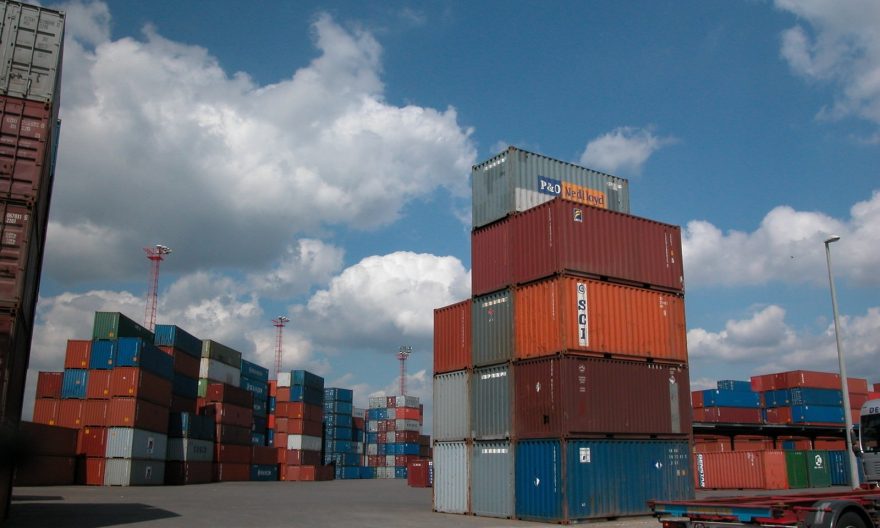
India is diligently working to maximise its gains from the trade pillar of the Indo-Pacific Economic Framework for Prosperity (IPEF) and has demanded better market access before joining the United States-driven economic initiative. The 14-nation trade bloc has failed to woo New Delhi which believes that it is aligning itself with American industry interests while being out of sync with its own trade policies. Consequently, there is a growing debate on whether India should commit to joining the grouping without further clarity or join now despite ongoing negotiations among the other 13 countries.
One of the major concerns with delaying its commitment is that India could find itself at a disadvantage by missing out on the negotiations, potentially having to accept less favourable terms. Decision makers are particularly irked by the lack of information regarding market access, which is a crucial factor for India’s involvement in the trade pillar (Pillar-I). In September of last year, India withdrew from the IPEF’s trade pillar-related negotiations due to the uncertainty surrounding the benefits it could bring to member countries. Currently, India maintains an observer status in the trade pillar negotiations.
READ | Sticky inflation to test India’s growth momentum, RBI’s resolve
What is Indo-Pacific Economic Framework (IPEF)
In May 2022, the United States launched the Indo-Pacific Economic Framework for Prosperity to stimulate economic activity and investment, promote sustainable and inclusive economic growth, and benefit workers and consumers across the region. The IPEF has four pillars: Trade, supply chains, clean economy, and fair economy. The 14 member nations of the IPEF are Australia, Brunei, Darussalam, Fiji, Indonesia, Japan, the Republic of Korea, Malaysia, New Zealand, the Philippines, Singapore, Thailand, Vietnam, and India. Together, these nations represent 40% of global GDP and 28% of global trade in goods and services.
While India has joined all pillars except for trade, it awaits a broad consensus on sensitive issues such as labour, environment, digital trade, and public procurement. Apart from India and Malaysia, the other countries have joined all four pillars.
For India, another point of contention lies in the strict labour and environment standards, which could limit the benefits it derives from the trade bloc. India believes that these issues should be addressed independently at dedicated forums such as the International Labour Organization, rather than at platforms focused on trade deliberations. The Indian government has stated that some other countries also find these conditions stringent and are seeking a better deal.
Additionally, India is currently engaged in discussions related to cross-border data flow and data localization at the domestic level before finalizing regulations in this area. The United States is seeking to promote free flow of data, considering that many major tech companies are based in America and such data flows will benefit them to maintain their global dominance. The US has become India’s largest trading partner, and it expects India to join the IPEF with full enthusiasm.
India’s hesitation also stems from its desire to protect its domestic agricultural, labour, and digital sectors, particularly due to the uncertainty surrounding the impacts of joining the IPEF. Previously, a civil society coalition consisting of 32 organizations and the Samyukt Kisan Morcha urged the government not to join the IPEF’s trade pillar, fearing that it would pave the way for agritech firms to enter India. These organizations have adopted a protectionist stance, asserting that the IPEF lacks transparency and has predominantly been designed by the US. India has maintained that it cannot agree to free trade in agriculture unless it involves high standards of export. Furthermore, New Delhi is not interested in being coerced like some smaller nations.
The fourth negotiating round for all pillars of the IPEF took place in Busan from July 9-15, hosted by South Korea. The IPEF is widely seen as an economic and trade strategy backed by the US to counter China’s economic influence in the region. While this might provide sufficient motivation for India to join the IPEF trade pillar, the government will need to strike a balance between pursuing diplomatic interests and safeguarding its own economic concerns.

